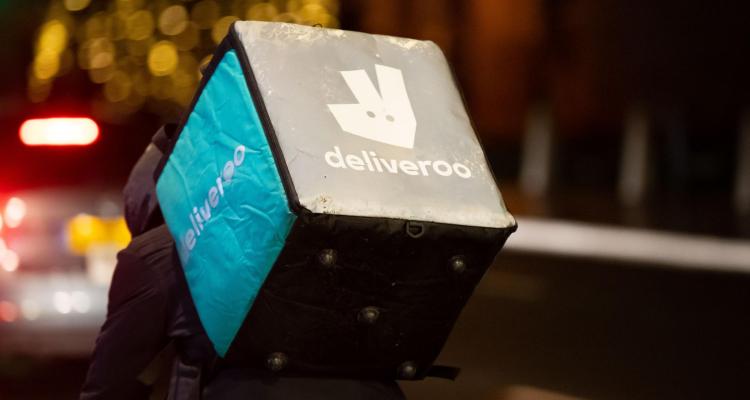Is it feast or famine for food delivery startups during the coronavirus pandemic? The UK’s Deliveroo has confirmed it’s axing more than 350 staff — or around 15% of its global headcount.
Late yesterday the Telegraph reported that the London-based startup will be cutting 367 staff and furloughing a further 50 out of a total headcount of more than 2,500.
A Deliveroo spokesman blamed the cuts on the coronavirus crisis, saying the public health emergency has put pressure on the business to reduce long-term costs.
He did not confirm which types of roles are being eliminated nor the markets where the axe is falling.
“The extraordinary global health crisis we are living through has impacted nearly all businesses. As a result, like so many others, Deliveroo has had to examine how to overcome the challenges we all face, as well as ensure we are in the strongest position possible following the crisis,” the spokesman said in a statement.
“This requires us to look at how we operate in order to reduce long-term costs, which sadly means some roles are at risk of redundancy and others will be put on furlough. This has been extremely difficult for everyone at the company, and our absolute priority is to make sure those who are impacted are fully supported.”
The UK startup operates in 13 markets globally, mostly split between Europe and the Middle East and Asia.
Last year it saw a big jump in revenue for full-year 2018, after expanding into new markets, but its losses also widened — and that was before COVID-19 snowballed into a pandemic.
The highly infectious virus has derailed business as usual for all sorts of companies but, at first glance, meal delivery startups may have seemed positioned to benefit from nationwide quarantines that have people locked down at home.
However, with many restaurants shuttering at least temporarily and home-bound customers concerned about economic uncertainty so likely to rein in discretionary spending grocery delivery looks to be emerging as the bigger winner.
A lot more people spending a lot more time at home appears to be a recipe for cooking more, rather than ordering lots of take out. Certainly in the short term. While the urban density and convenience-led demand that powered on-demand food delivery growth in the years prior to the coronavirus pandemic remains severely disrupted by the pandemic and its tricky requirement for social distancing.
Earlier this month CNBC reported on plummeting demand in the UK leaving delivery couriers struggling to earn enough money to live on.
How all this shakes out will depend on many factors, including how governments structure the lifting of lockdowns (in Spain, for example, the government has said it will let restaurants reopen for takeaway only, initially, which could help generate demand).
But the kind of mass appetite for fast food at the push of a button — which has led to years of frenzied competition in the on demand space — may be a longer term casualty of the pandemic.

